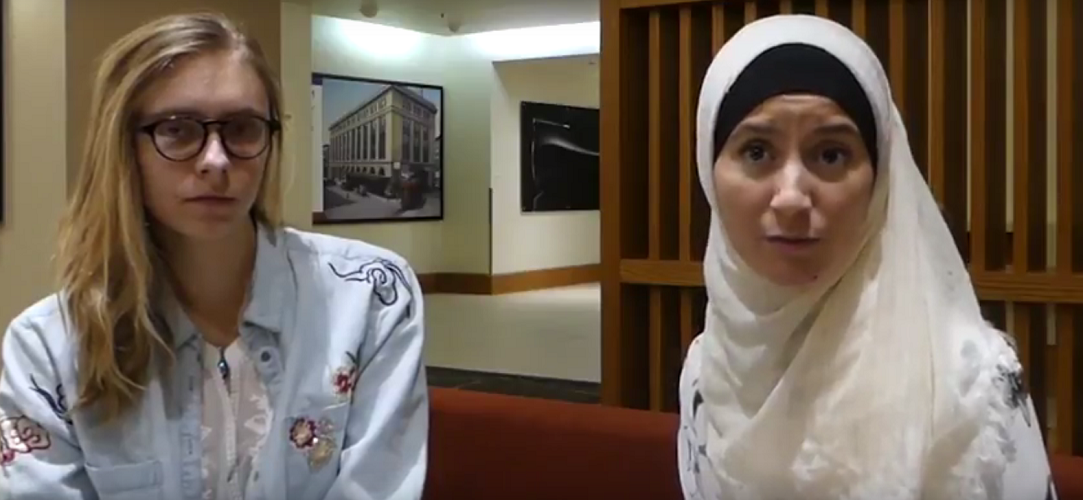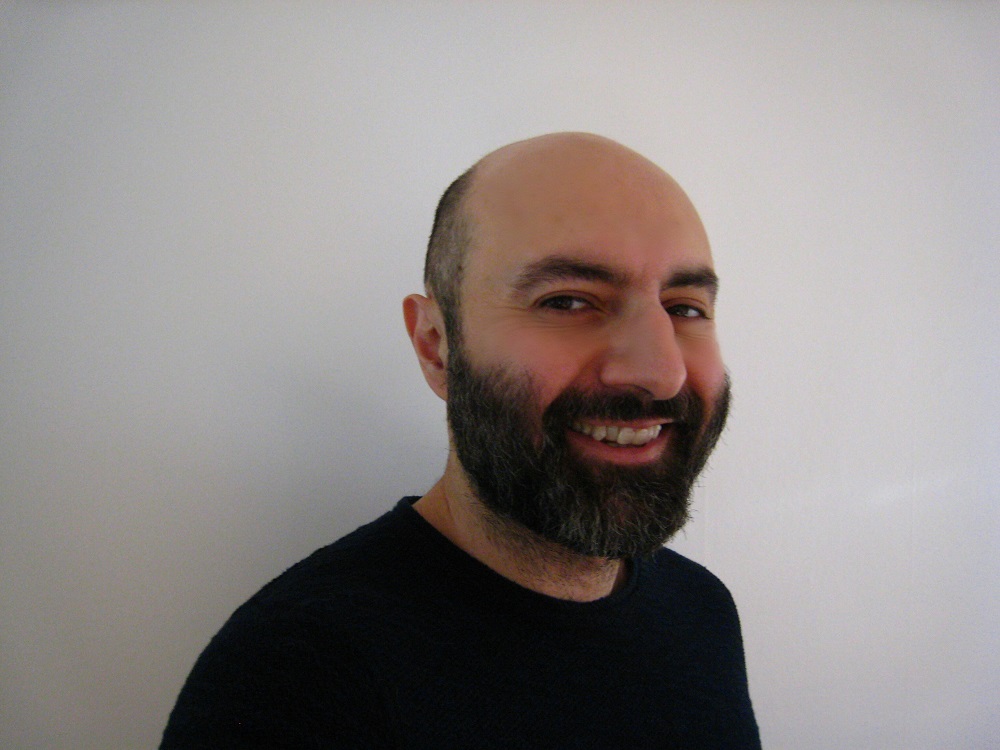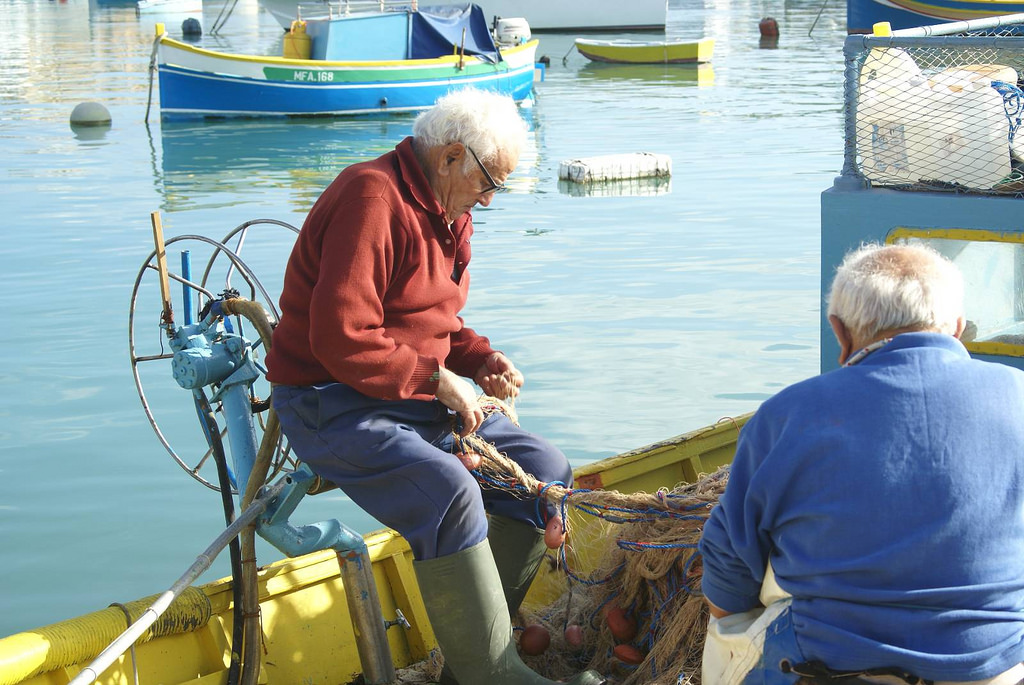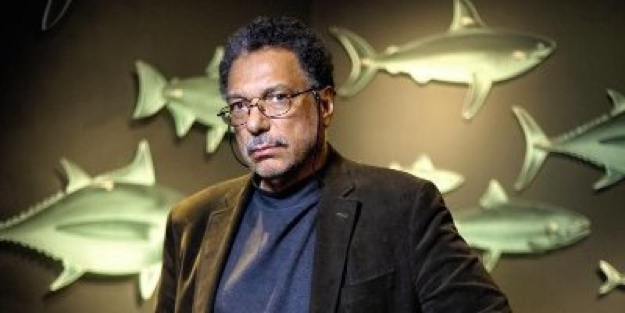
Sarah Popov and Dyhia Belhabib.
Without a doubt, team efforts generate the best results.
With this mindset, a couple of scientists embarked on a journey to West Africa on February 18, 2017.
Dyhia Belhabib, Program Manager-Fisheries for Ecotrust Canada and a West Africa advisor to the Sea Around Us, and Sarah Popov, a research assistant at the Sea Around Us, were invited to Senegal by the MAVA Foundation with the aim of meeting a range of fisheries stakeholders and addressing the main challenges the subregion’s fishing sector is facing.
Senegal was the country of choice because that is where West Africa’s Fisheries Commission is based.
Dyhia Belhabib and Sarah Popov explain more in the following video.






